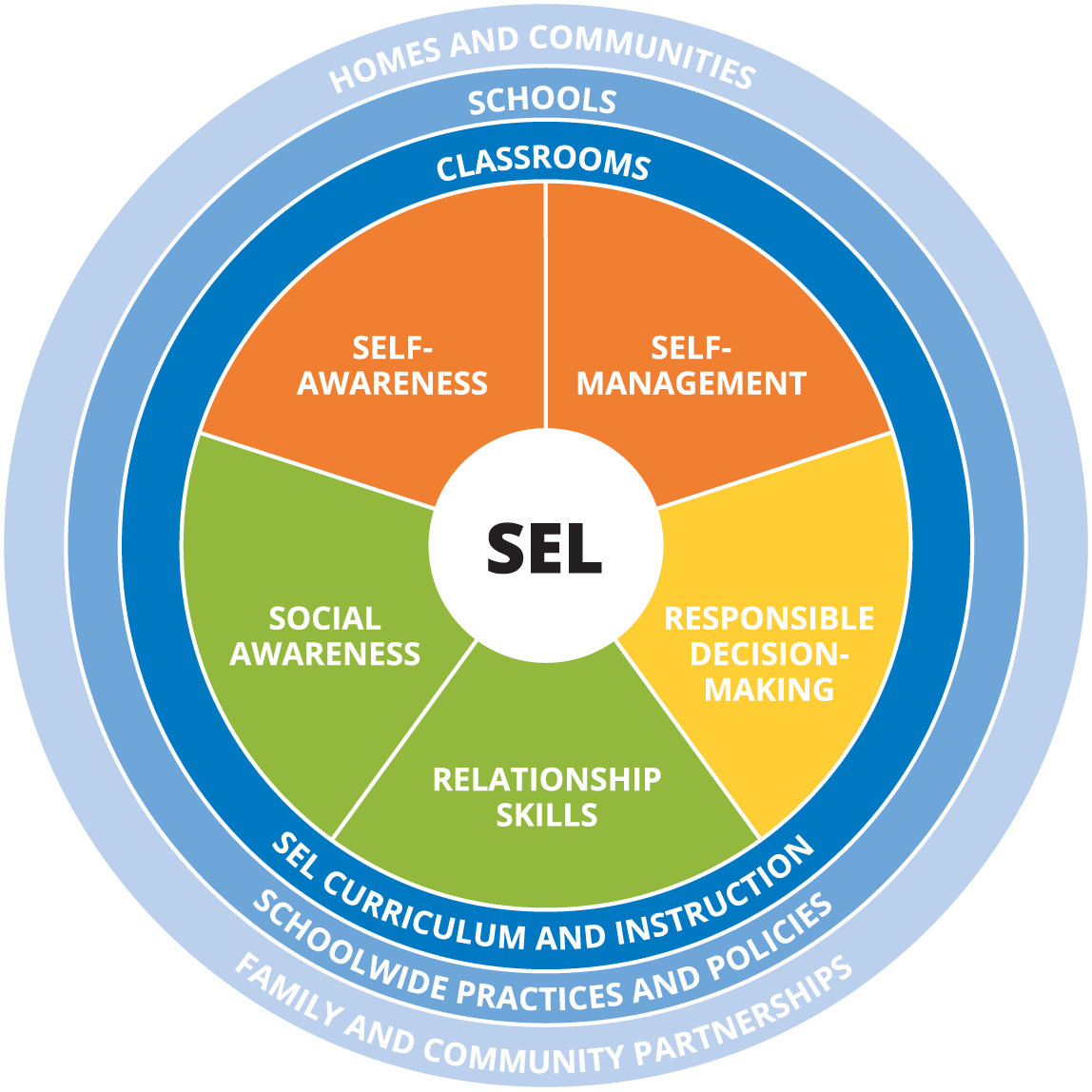Why SEL is Here to Stay

Thanks to an increased focus on social and emotional learning, we’re witnessing an interesting convergence among education, business, scientific, and local communities.
In the education world, SEL is about preparing our young people to go out into the world as healthy, caring, community-minded adults. It’s about creating safe and creative environments in schools so our kids can flourish. It’s about providing supports and compassion to all kids. Roughly four out of every 10 Delaware public school students are now living in poverty. And when poverty is paired with issues like violence and addiction, it can not only impact a child’s ability to learn, but weigh heavily on their family and educators.
Brain science is telling us that SEL is foundational to learning. We learn not by just being exposed to information, but by interacting with peers and teachers, by speaking, by reading the listener’s facial expression, and adapting. It’s this process of volleying back and forth that builds our understanding of the world.
We also know that the opposite is true. The absence of these interactions (and/or the introduction of high levels of stress and trauma) can actually adversely affect how a child’s brain grows. Experts are finding that these social and emotional factors can have lifelong impacts on our health and income. There is even promising research showing that children can overcome challenging circumstances with the right support from caring adults.

That’s why the business community is invested. Over the next eight years, Delaware will hire or replace around 30 percent of its workforce. The next generation of our workforce is on the way. So it’s up to us to provide them with not only the academic and technical skills, but those less tangible skills like communication, problem-solving, drive, and persistence. That’s all a part of SEL. So too are the “people skills” that are needed to work in a complex environment. Employers tell us that they can teach the technical skills, but these 21st century skills are critical—and much more difficult to teach in adults.
So whether you call it “soft skills” or “trauma-informed care” or “school climate” or “growth mindset” or any of the other terms we might use to talk about this work, SEL is a big umbrella, and we hope you’ll join us to make this idea a reality for all of Delaware’s students. It really is up to us as a community to determine the path forward. We know SEL can’t be a top-down edict. It has to come from genuine engagement and collaboration. As a community, we need to expand our thinking and work together to try new, inclusive approaches.
As a state, we need to expand our definition of student success. To get on the same page, we need a common understanding of what we actually mean when we say “SEL,” and how SEL can be used to support students. It’s why Rodel spearheaded A Broader Vision of Student Success: Insights and Opportunities for Social and Emotional Learning in Delaware, a report that focuses on the efforts underway across Delaware to support students, families, and educators in developing their SEL skills.
It’s also why we gathered around 100 community members together this month to put our heads together to begin to discern how we can build meaningful efforts in a given school or even statewide. We didn’t anticipate coming out of that morning with clear consensus but some common themes, work underway, and next steps emerged. Ultimately, we wanted to connect unlikely partners, nonprofit leaders with healthcare providers and CEOs with classroom teachers, and to plant the seeds for innovation.
Attendees split into groups and discussed a range of topics. The teams covered everything from out-of-school supports to cultural competency, and they came up with some solid next steps:
- Building broader awareness around SEL and how it impacts kids
- Creating more mental health supports for students, both inside schools and in the community, with schools and local nonprofits and healthcare providers serving as conduits
- Professional development and trauma training for educators, educators in-training, and community members
But the strongest and most consistent message was the need for deep and genuine community engagement. This will take creativity and passion, and not every effort will work. But we know that that’s what it will take. This needs to be built school by school and community by community.
It seems like a simple ingredient, but it’s a crucial one.
There will be opportunities in early 2019 to get involved and lend your perspective. Groups like the Rodel Teacher Council will be gathering input from communities to help inform a statewide framework along with national partners like the Collaborative for Academic, Social, and Emotional Learning. Local leaders ranging from First Lady Tracy Quillen Carney to Delmarva Power CEO Gary Stockbridge are engaging educators and thought-leaders to forge our collective next steps. In the meantime:
- Advocate for mental health supports in schools
- Teachers, check out the Compassionate Schools Test Lab for some promising practices
- Join a Delaware Readiness Team, and help your local community focus on the skills students need to succeed in kindergarten, including SEL
- Get informed. Read A Broader Vision of Student Success: Insights and Opportunities for Social and Emotional Learning in Delaware
The more we reach across our fences and talk about SEL through the networks of schools and community centers and government agencies and healthcare providers, we start to see how all our work might fit together into a more comprehensive approach.